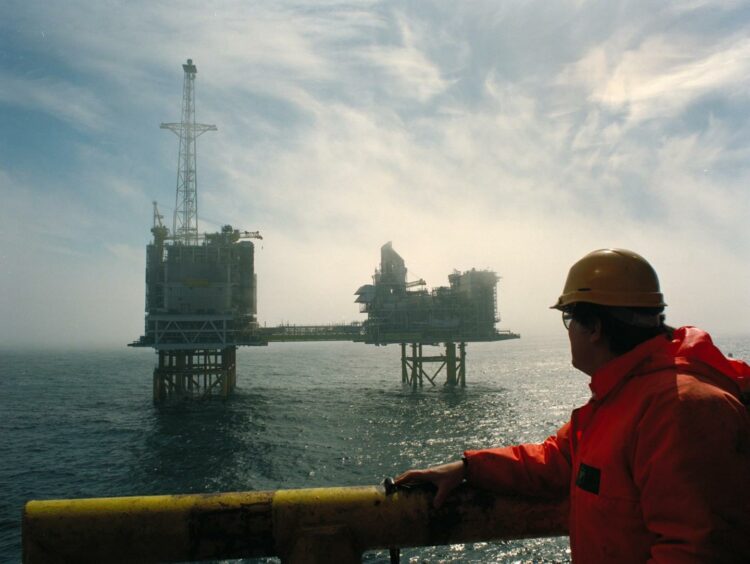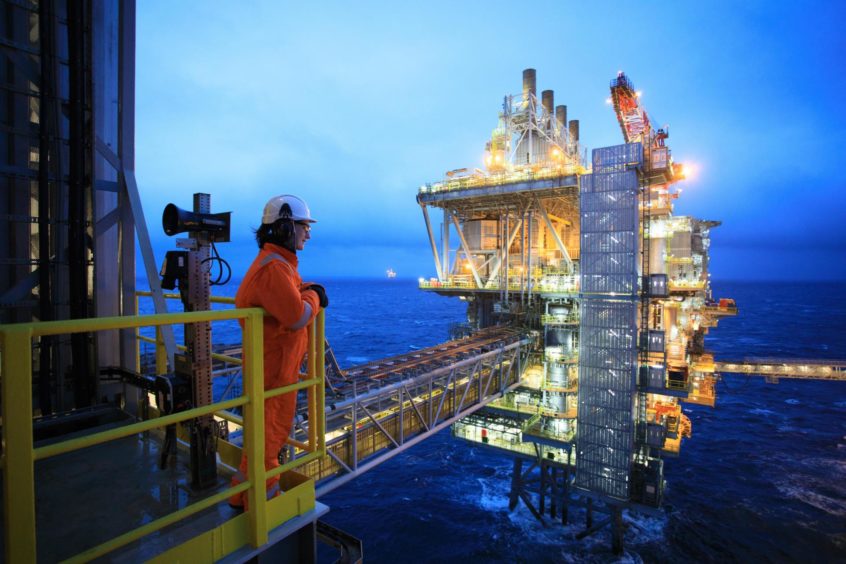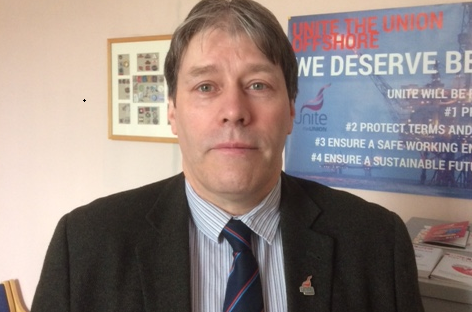
Offshore workers employed by Petrofac (LON: PFC) and stationed on North Sea assets operated by BP (LON: BP) have begun a fresh round of strikes.
At 6.01am on Wednesday, around 80 Unite members on several platforms walked out as part of an ongoing dispute over three on/three off rotas.
They will return to work at 05.59am on Friday.
It comes after Unite and Petrofac failed to make headway on an agreement, with the union accusing the energy services giant of failing to bring forward an acceptable offer.
Unless a settlement is reached, future rounds of discontinuous strikes will take place up until March 3.
An industrial action ballot of Petrofac workers previously returned a result of 98.3% in favour of downing tools.
Unite general secretary Sharon Graham said: “Unite’s members at BP Petrofac installations are determined to secure a fair deal.
“Petrofac and BP seem more content in escalating this dispute rather than ending it by providing a better working environment and a fair pay rise to the workforce.
“Unite will continue to back our members all the way in their fight for good jobs, pay and conditions in the offshore sector.”
A Petrofac spokesperson said: “Today’s statement from Unite Scotland is disappointing. We continue to be in regular dialogue with the Union and remain focused on bringing this dispute to a conclusion.”
BP installations impacted by Unite strikes include Andrew, Clair, Clair Ridge and ETAP.
The Glen Lyon floating production, storage and offloading (FPSO) facility, West of Shetland, is also affected.
Record profits for the oil giant
The latest set of strikes comes just a day after oil giant BP revealed it hit record profits in its 2022, with takings of $27.7 billion.
The group also confirmed plans to hand more cash to shareholders.
Fellow supermajor also reported record earnings recently, with Unite criticising the UK Government’s “inaction on taxing oil firms”.
A windfall tax is in place on the UK North Sea, which, when combined with other levies, takes the headline rate of tax to 75%.
Companies are able to offset that though thanks to an investment allowance mechanism included in the policy.
Unite industrial officer John Boland, on behalf of the Petrofac workforce across the various BP installations, added: “The latest round of 48-hour strike action is a sad reflection of the intransigence displayed by BP Petrofac management.
“The company refuse to work with us to resolve this dispute which is why Unite has had no choice but to schedule successive rounds of strike action until early March.
“We hope Petrofac see sense but the evidence so far suggests they are not interested in working with us to resolve the outstanding issues over rotas and pay.”
A BP spokesman said: “While supplier personnel working on BP’s North Sea installations generally have to align with BP’s own three weeks offshore working pattern, it has always been and remains for the relevant employing company to determine how best to manage their own workforce, including working arrangements outside of those offshore periods. BP remains committed to working constructively across the basin, including through dialogue with our key suppliers, to ensure the North Sea remains an attractive place to work and invest. With regards the planned industrial action, our focus remains on the safety of our workforce and operations offshore.”
Petrofac has also been approached for comment.
Recommended for you


 © Supplied by Primat Recruitment
© Supplied by Primat Recruitment